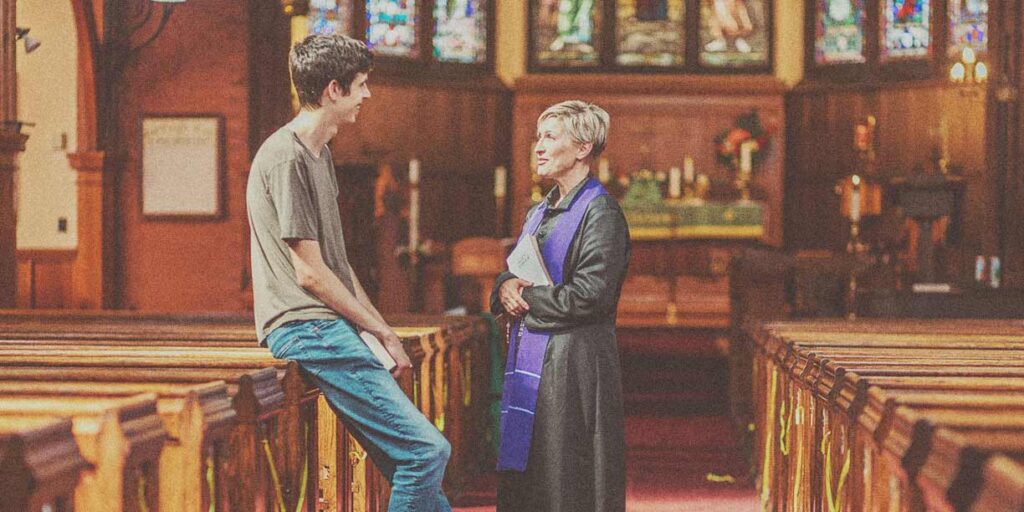Churches Tax-Exempt Status
Churches often enjoy a special tax-exempt status, allowing them to operate without the burden of paying property taxes. This exemption is rooted in the recognition of the vital role that churches play in providing spiritual and community services. However, the rules governing these exemptions can vary by state and locality, making it essential for church leaders to understand the specific requirements in their area. This section explores the historical and legal foundations of church tax-exempt status and provides insights into how churches can maintain their exemptions.
2. Churches Tax-Exempt Status
Churches in Ventura, CA often enjoy a tax-exempt status due to their charitable and non-profit nature. This status is rooted in historical and legal precedents, recognizing the essential role churches play in society. Federally, churches are classified as 501(c)(3) organizations, making them exempt from federal income tax. However, property tax exemptions are governed by state and local laws, which can vary significantly.

3. Property Taxes: Church Obligations
While many churches benefit from property tax exemptions, there are specific conditions under which a church might be required to pay property taxes. These conditions can include:
Use of Property: If any part of the property is used for non-religious, commercial purposes, that portion might be subject to property taxes.
Location-Based Rules: Different states and municipalities have varying rules regarding property tax exemptions for churches.
Property Size: Some jurisdictions might limit the amount of property that can be exempt from taxes.
Understanding these obligations is crucial for ventura churches to maintain compliance and avoid unexpected financial burdens.
4. Legal Considerations: Tax Exemptions and Exceptions

The legal framework governing tax exemptions for churches is complex and can include numerous exceptions. Key legal considerations include:
State-Specific Laws: Each state has its own regulations regarding church property tax exemptions. For example, in California, churches can be exempt from property taxes under certain conditions but must meet specific criteria.
Recent Legal Developments: Keeping abreast of recent court cases and legislative changes is essential for churches to understand potential impacts on their tax-exempt status.
5. Examples of Property Tax Exemptions for Churches
There are many instances where churches in Ventura, CA, and other regions have successfully obtained property tax exemptions. These examples help illustrate how different churches navigate the process:
St. John’s Church in Ventura: This church applied for and received a property tax exemption by demonstrating that its property was used solely for religious and charitable purposes.
Comparative Analysis: Looking at different states, such as Texas and Florida, can provide insight into how churches benefit from varying exemption policies.
6. Examples of When Churches Might Pay Property Taxes
While exemptions are common, there are notable cases where churches have had to pay property taxes. These scenarios often involve:
Commercial Activities: Churches that engage in business activities, such as running a café or bookstore on the property, might see those portions taxed.
Non-Religious Use: Properties not used exclusively for religious purposes can lose their exempt status.
7. Consequences for Non-Compliance
Failure to comply with property tax laws can lead to significant consequences for churches, including:
Financial Penalties: Churches may face hefty fines for non-compliance.
Legal Repercussions: Legal battles can arise, leading to additional expenses and potential loss of tax-exempt status.

Loss of Exemption: Non-compliance can result in the permanent loss of property tax exemptions, impacting the church’s financial health.
8. Church Property Taxes FAQs
Do churches pay local property taxes? In most cases, churches are exempt from local property taxes, but this depends on how the property is used and local laws.
Can churches be partially exempt from property taxes? Yes, if only a portion of the property is used for non-religious purposes, that part may be taxed.
How does a church apply for property tax exemption? Churches must typically apply through their state or local tax assessor’s office, providing documentation proving their non-profit, religious use of the property.
What happens if a church’s tax-exempt status is challenged? If challenged, the church may need to undergo a review process, potentially involving legal proceedings to prove its eligibility for the exemption.
9. Conclusion
Understanding property tax laws is crucial for churches to ensure they maintain their tax-exempt status and avoid financial and legal pitfalls. Regularly reviewing these laws and consulting with legal experts can help churches navigate the complexities of property tax exemptions.
For more information and resources on church property tax exemptions, visit the official website of your local tax assessor’s office or consult with a legal professional specializing in non-profit tax law.
By staying informed and proactive, churches can continue to serve their communities without the added burden of unexpected property taxes.
